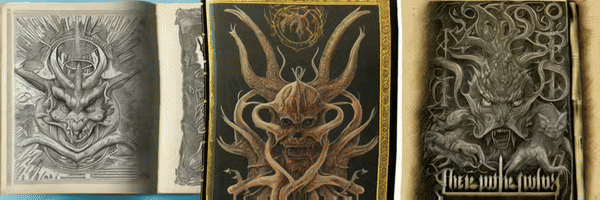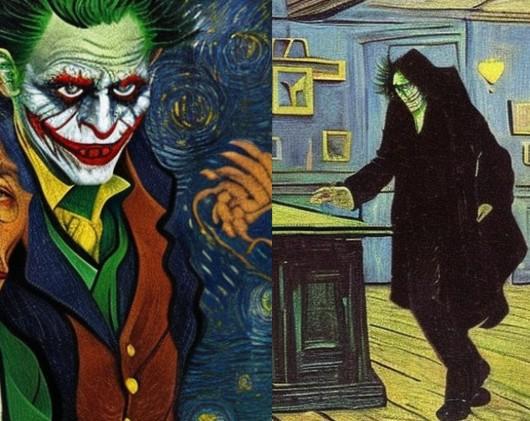
The Ars Goetia, also recognized as The Lesser Key of Solomon, dates back to the 17th century and serves as a grimoire, or magick book, detailing the 72 demons of Hell, collectively referred to as the Goetia. Practitioners of ceremonial magick believe these demons can be controlled or negotiated with. The book splits into two sections: the first enumerates the demons, detailing their names, ranks, and sigils, while the second offers guidance on summoning and managing these entities.
The Lesser Key of Solomon describes Hell as having a complex, hierarchical political system. Every demon possesses a distinct rank and power, operating under the leadership of formidable entities referred to as Goetic Kings or Princes. These kings and princes hold significant authority and are viewed as leaders within the infernal hierarchy.
The Ars Goetia and The Politics of Hell
At the top of the Goetia hierarchy is Satan, who is the “Prince of Hell” and the “Great Emperor of the Infernal Regions.” Satan receives assistance from his two lieutenants, Beelzebub and Lucifer.
Below Satan are the seven princes of Hell, who each govern a specific legion of demons. The seven princes are:
Baal
Agares
Vassago
Samigina
Marbas
Valefor
Amon
The Lesser Key of Solomon and the Rest
At the top of the Ars Goetia hierarchy, Hell’s princes are further divide into lesser principalities, dukes, counts, marquises, and presidents. Each of these demons has a specific rank and function in the infernal hierarchy.
The Lesser Key of Solomon also describes the relationship between the demons of Hell and the human world. The demons are said to be able to grant favors to humans, such as wealth, power, and knowledge. However, the demons also demand a price for their favors.
In addition to the demons listed above, the Goetia mentions a number of other demons, including Asmodeus, Lilith, and Mephistopheles. While not ranked as princes, these demons hold significant roles within the infernal hierarchy.
The Lesser Key is a controversial text, and its authenticity has been questioned by some scholars. However, the book remains an important source of information on demonology.
Here are some additional thoughts on the politics and principalities of Hell described in the Ars Goetia:
The demons of Hell are said to be constantly vying for power and influence. This leads to conflict and violence, as the demons try to gain an advantage over their rivals.
The demons of Hell are said to be very deceptive. They will often promise humans favors that they never intend to deliver. This competition can result in humans being deceived and exploited.
Donald Trump supporters can empathize.
The politics and principalities of Hell are a complex, evolving landscape. It is a world where power is constantly shifting, and where deception is the only rule.

The Ars Goetia in Practice
The role of the Lesser Key of Solomon within Thelema, a religious and philosophical system developed by Aleister Crowley, is complex. Thelema embraces the idea of individual spiritual freedom and personal exploration. Crowley, initially fascinated by and engaged with various magical systems, including Goetic practices, eventually distanced himself from certain grimoires, such as the Ars Goetia, in his later years.
Crowley maintained that true Thelema practice focused on individuals discovering and expressing their unique spiritual path and will, instead of rigidly following systems prescribed in grimoires. He contended that the Goetia offered an outdated, Christianized view of demonic entities, misaligned with Thelema’s radical individualism.
However, some Thelemites, particularly those who engage in ceremonial magic, may still find value in the Ars Goetia as it provides a framework for evoking and working with various spirits. Ultimately, its role within Thelema depends on the individual practitioner’s personal beliefs and practices.


